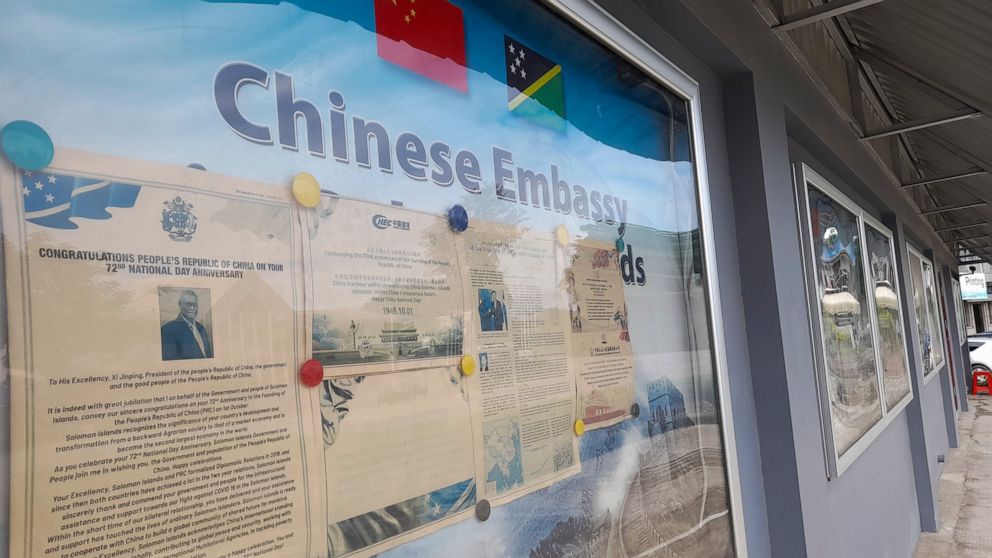[ad_1]
Japan’s borders are closed to tourists, allowing only business travelers, foreign students and academics to newly enter the country. But as the number of daily arrivals recently increased to 10,000, the government is now slowly — and quietly — allowing short-term visits by parents of foreign residents in Japan.
Aside from business travelers and foreign students, new entries allowed under “special exceptional circumstances” have been limited to: foreign residents; spouses and children of a Japanese national or permanent resident; and spouses and children of a foreign resident coming to Japan to be reunited with family members living in the country.
But now, Japan has begun granting visas to a wider range of people, including:
- Family members within the first degree of kinship to foreign residents who want to come to Japan to visit their family, as well as family members within a second degree of kinship to Japanese nationals and permanent residents. First-degree kinship is defined as children and parents, while second-degree kinship refers to siblings, grandparents and grandchildren.
- Family members who need to take care of a resident of Japan who is ill, is having a baby or is in need of support in their day-to-day affairs.
- Family members visiting a resident of Japan who is near death, or those coming to pay respects to a resident who has passed away.
- Family members who need to accompany minors, or those who cannot travel on their own due to illness or other reasons.

While such visitors have technically been allowed since March 1, the Foreign Ministry had essentially refrained from issuing visas, since there was a 3,500 cap on the number of daily arrivals. The total number of arrivals allowed into Japan — including both Japanese nationals and foreign residents, in addition to newly arriving foreign nationals — was bumped up to 10,000 on Sunday, a significant increase from the previous cap of 7,000. With the cap now raised, the ministry has begun issuing visas to more visitors.
“We’ve started issuing visas to families of foreign residents in Japan hoping to make short-term visits,” said a Foreign Ministry official. “We conduct visa issuance screening on a case-by-case basis, so I suggest people contact their nearest embassy or consulate for more information.”
Fiances, partners and people in a relationship with a resident in Japan — in other words, those who may find it difficult to legally prove the relationship — remain unlikely to be granted visas, the official said.
Many foreign residents have not been able to have their families visit them in Japan since April 2020, when the borders were closed to most countries.
The border essentially remained closed until its reopening in November for business travelers, foreign students and interns. But after the omicron variant emerged and cases surged in Japan, the government closed the gates again until March 1, when newly arriving foreign students and business travelers were allowed in once more.
This means that many foreign residents needed to travel to their home countries to see their family — something not all of them have been able to do, especially if they have infants or medical conditions that make them hesitant to travel.
Japan reopened its borders in March for people who have sponsors, such as business travelers, foreign students and researchers. About 30,000 foreign students have entered Japan so far since March, with the government estimating 80,000 more will arrive by the end of May.
However, Prime Minister Fumio Kishida said last week that Japan still has no immediate plans to open its borders for tourists.

In a time of both misinformation and too much information, quality journalism is more crucial than ever.
By subscribing, you can help us get the story right.
SUBSCRIBE NOW
[ad_2]
Source link
















